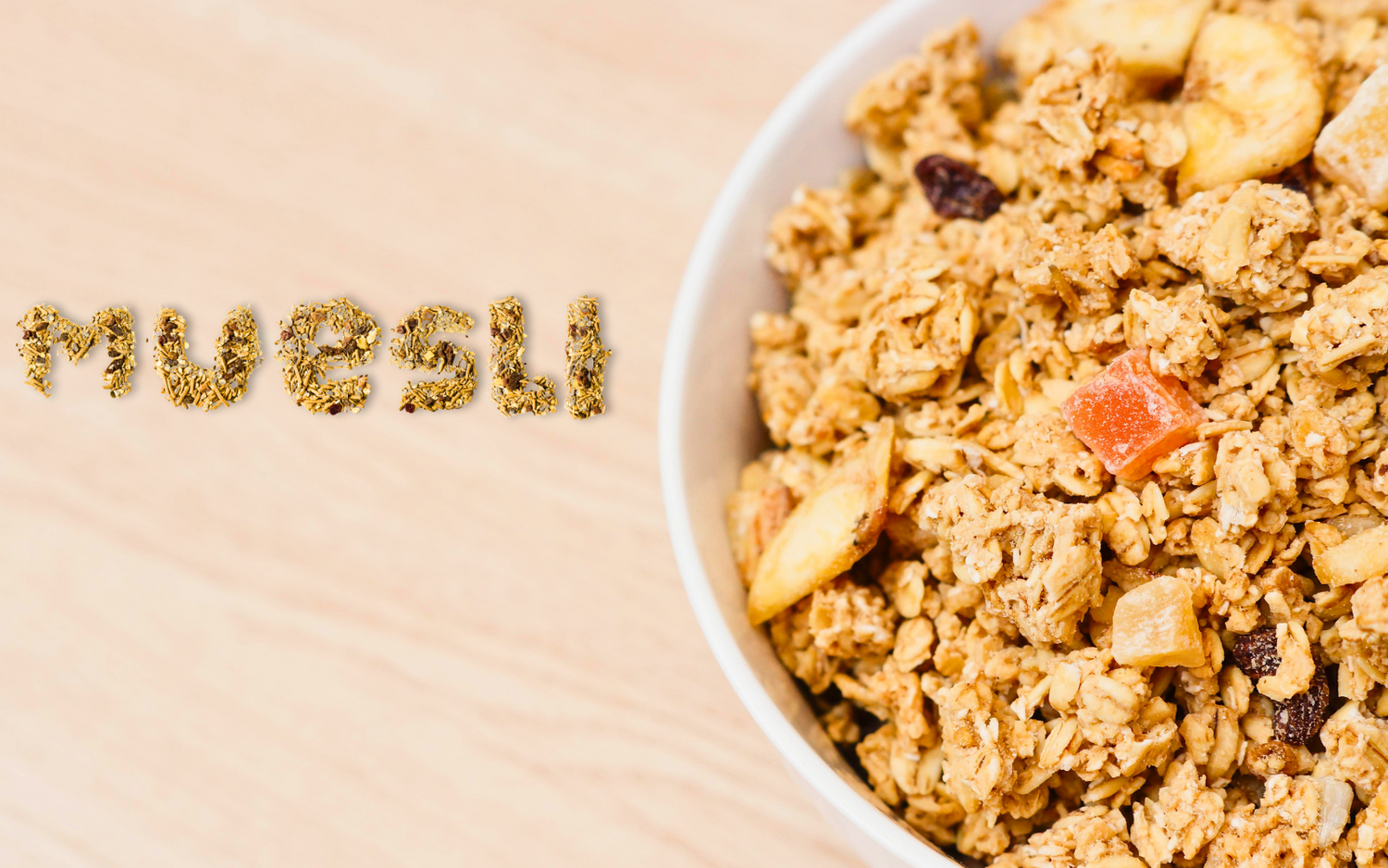
The Healthiest Breakfast Cereals: A Guide to Nutritious Choices
Why Choose a Healthy Breakfast Cereal?
Breakfast cereals can be a convenient and nutritious start to your day—if you know what to look for. The healthiest options are nutrient-dense, high in fiber and protein, and low in added sugars. Here’s a guide to help you select the best breakfast cereals for a balanced diet.
Whole Grains: The Gold Standard
The healthiest breakfast cereals are made from whole grains, which retain the bran, germ, and endosperm, providing fiber, vitamins, and minerals. Look for cereals that list whole grains, like oats, whole wheat, or brown rice, as the first ingredient.
Learn more about the benefits of whole grains from Harvard School of Public Health.
High Fiber Content
Fiber is crucial for digestive health, and it helps you feel full longer. Aim for cereals with at least 4 grams of fiber per serving. Options like oatmeal, bran flakes, and shredded wheat are naturally high in fiber, supporting digestion and stabilizing blood sugar.
High Protein Content
Protein helps fuel your body, supports muscle health, and is key for immune function. Look for cereals with at least 5 grams of protein per serving, focusing on plant-based proteins like nuts, seeds, and legumes. Adding a handful of nuts or a scoop of yogurt can also boost protein intake.
No Added Sugars
Many cereals are packed with added sugars, which can lead to weight gain and other health issues. Choose cereals with less than 10 grams of sugar per serving, and prioritize those with naturally occurring sugars from ingredients like dried fruits. Avoid options with refined or artificial sweeteners.
Read more on the effects of added sugars from Health Harvard Edu.
Minimal Processing
Processed cereals often contain artificial flavors, colors, and preservatives. Choose cereals that are minimally processed, with recognizable ingredients like oats, whole grains, and nuts. Old-fashioned oats or whole grain cereals with simple ingredients are excellent choices.
Fortified with Essential Vitamins and Minerals
Beyond fiber and protein, a nutritious cereal should provide essential vitamins and minerals. Look for cereals fortified with vitamins like B12, D, and iron. Wholegrain cereals naturally contain many of these micronutrients, making them a great choice for daily nutrition.
Healthiest Cereal Options to Look For
Here are the top types of cereals that meet these criteria:
- Oatmeal: Rich in fiber and naturally low in sugar, oatmeal is a versatile and nutrient-dense option.
- Bran Flakes: High in fiber and often low in added sugars, making them ideal for digestive health.
- Shredded Wheat: Made from whole grains and without added sugar, shredded wheat is a simple, wholesome choice.
- Muesli: Muesli, especially brands like Seitenbacher, offers a mix of whole grains, nuts, and dried fruits without added sugars or oils.
Cereals to Avoid
Some breakfast cereals may appear healthy but contain added sugars, oils, and artificial ingredients. Common examples include:
- Highly processed cereals
- Sugar-coated cereals
- Flavored crunch cereals
- Oil-and-sugar-laden granolas
For a healthier option, avoid cereals with added sugars and excessive processing. Stick to simple, wholegrain ingredients.
The Best Choice: Seitenbacher Natural and Organic Muesli
Seitenbacher Natural and Organic Muesli stands out as one of the healthiest cereal options. It’s made with whole grains, contains no added sugars, and includes a variety of nutrient-dense ingredients. This muesli provides fiber, protein, and essential vitamins without any artificial additives or preservatives.
Start your day with a nutritious, easy breakfast! Check out our breakfast category to shop for healthy and convenient options like Seitenbacher Muesli and Otrimix Oatmeal. Make breakfast prep easy and delicious with high-quality ingredients that support your health goals.

